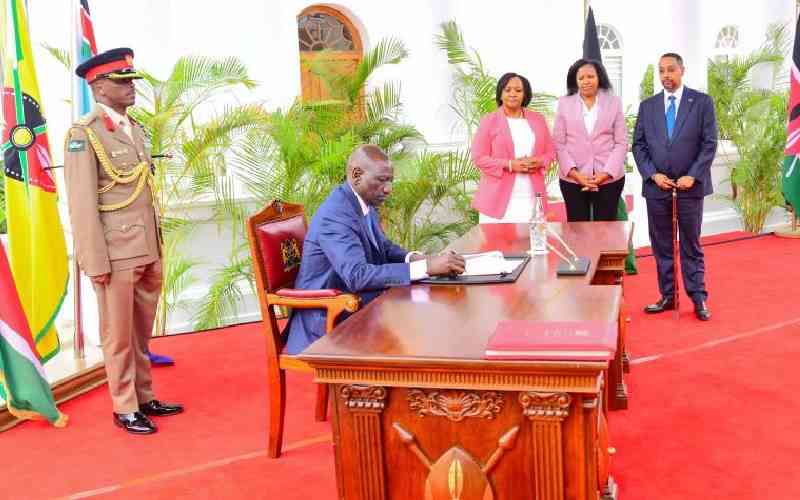×
The Standard e-Paper
Kenya’s Boldest Voice

Being late for meetings and public events was a status statement by the political elite until this week when President William Ruto and Deputy President Rigathi Gachagua dressed down members of the Executive for turning up late for the signing of performance contracts.
It was absolutely refreshing and welcome to see the DP arrive so much earlier and the President right on time.